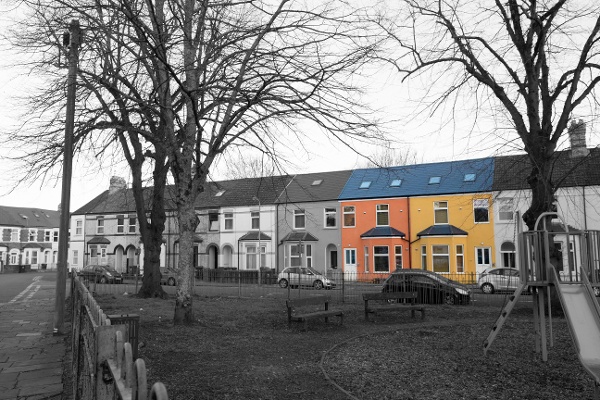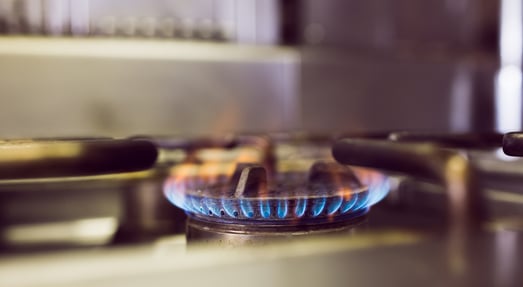
Our Senior Data Scientist, Dr Kat Kelly recently showed that rented flats using variable ventilation and direct electrical heating under Atamate smart control delivered...
If you’ve looked at the news recently, you’ll have seen dire reports of soaring gas prices and dire predictions of either a very expensive or a very cold winter ahead.
Unfortunately, it’s all true.
 Since the beginning of the year, the price of natural gas on the international market has more than quadrupled. Domestic customers are protected from the worst of it by caps on the price paid by domestic customers but we’re still going to see heating bills go up this winter and they may not come back down for some time.
Since the beginning of the year, the price of natural gas on the international market has more than quadrupled. Domestic customers are protected from the worst of it by caps on the price paid by domestic customers but we’re still going to see heating bills go up this winter and they may not come back down for some time.
Britain is subject to the whims of the international gas market not only because 85% of British homes use gas for heating but also because gas-fired power stations generate around 40% of Britain’s electricity. Wind and solar generation capacity is replacing natural gas and is cheaper, does not produce greenhouse gasses and is not vulnerable to international price fluctuations. However, British billpayers can only reap those benefits if British homes are converted from gas to electric heating.
The government intends that no gas boilers will be placed in newly built homes after 2025 and none will be installed at all after 2035. However, electricity is likely to remain more expensive than gas so there’s more to converting a home from gas to electric heating than switching one boiler for another. Measures to reduce overall heating energy demand need to be implemented at the same time.
The current price shock underlines the need to transition from gas power to renewable energy power, not only to cut greenhouse gas emissions but also to protect British homeowners from future price shocks.
See our expanded view on the gas price shock here.
If you’d like to know more about how the atBOS platform can enhance the energy performance of a home or any other type of building, ask us on the form and we'll be happy to discuss it or book your appointment now.

Our Senior Data Scientist, Dr Kat Kelly recently showed that rented flats using variable ventilation and direct electrical heating under Atamate smart control delivered...

Yongchao Huang's recent paper describes Atamate's latest progress in machine learning for the smart home. A set of calculations allows a smart building to quantify the...